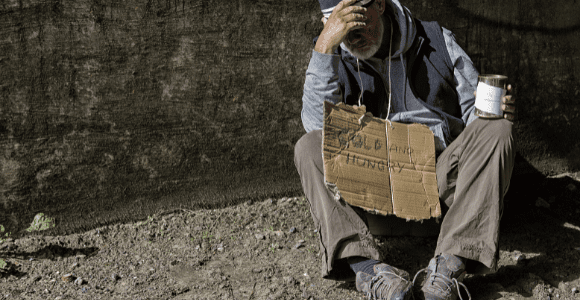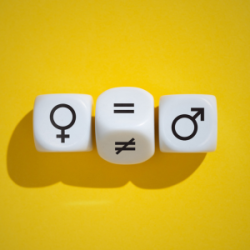Welcome readers! Please subscribe through the button on the right.

Our reading this week is from the gospel of Mark,
Then they came to Jericho. As Jesus and his disciples, together with a large crowd, were leaving the city, a blind man, Bartimaeus (which means “son of Timaeus”), was sitting by the roadside begging. When he heard that it was Jesus of Nazareth, he began to shout, “Jesus, Son of David, have mercy on me!” Many rebuked him and told him to be quiet, but he shouted all the more, “Son of David, have mercy on me!” Jesus stopped and said, “Call him.” So they called to the blind man, “Cheer up! On your feet! He’s calling you.” Throwing his cloak aside, he jumped to his feet and came to Jesus. “What do you want me to do for you?” Jesus asked him. The blind man said, “Rabbi, I want to see.” “Go,” said Jesus, “your faith has healed you.” Immediately he received his sight and followed Jesus along the road. (Mark 10:46-52)
At the very beginning of our reflection this week, I want to say: I understand the original cultural context of this story, and I still find it deeply ableist. Gospel stories like this one have repeatedly been the seed of society perceiving people with disabilities or different abilities as either less-than or associated with evil. In stories like the one we read this week, blindness is associated with being sinful and at least is a condition that one must be saved from.
Consider the lyrics to one of Christianity’s most famous hymns, Amazing Grace:
“Amazing Grace, how sweet the sound
That saved a wretch like me
I once was lost, but now am found
Was blind but now I see.”
(Italics added for emphasis)
The writer, John Newton, associates being blind with being wretched and lost. For him, being able to see is synonymous with being saved and found.
So to all my blind friends, I’m deeply sorry. To my friends who do not have disabilities but are tempted to imagine I am making too much of this connection, consider how you would feel if you had a disability that your society repeatedly attached a moral value to . How would it feel having your disability associated with being sinful, lost, and wretched?
The story’s immediate solution doesn’t resonate with me much either. I’ll share why, next.
(Read Part 2)













